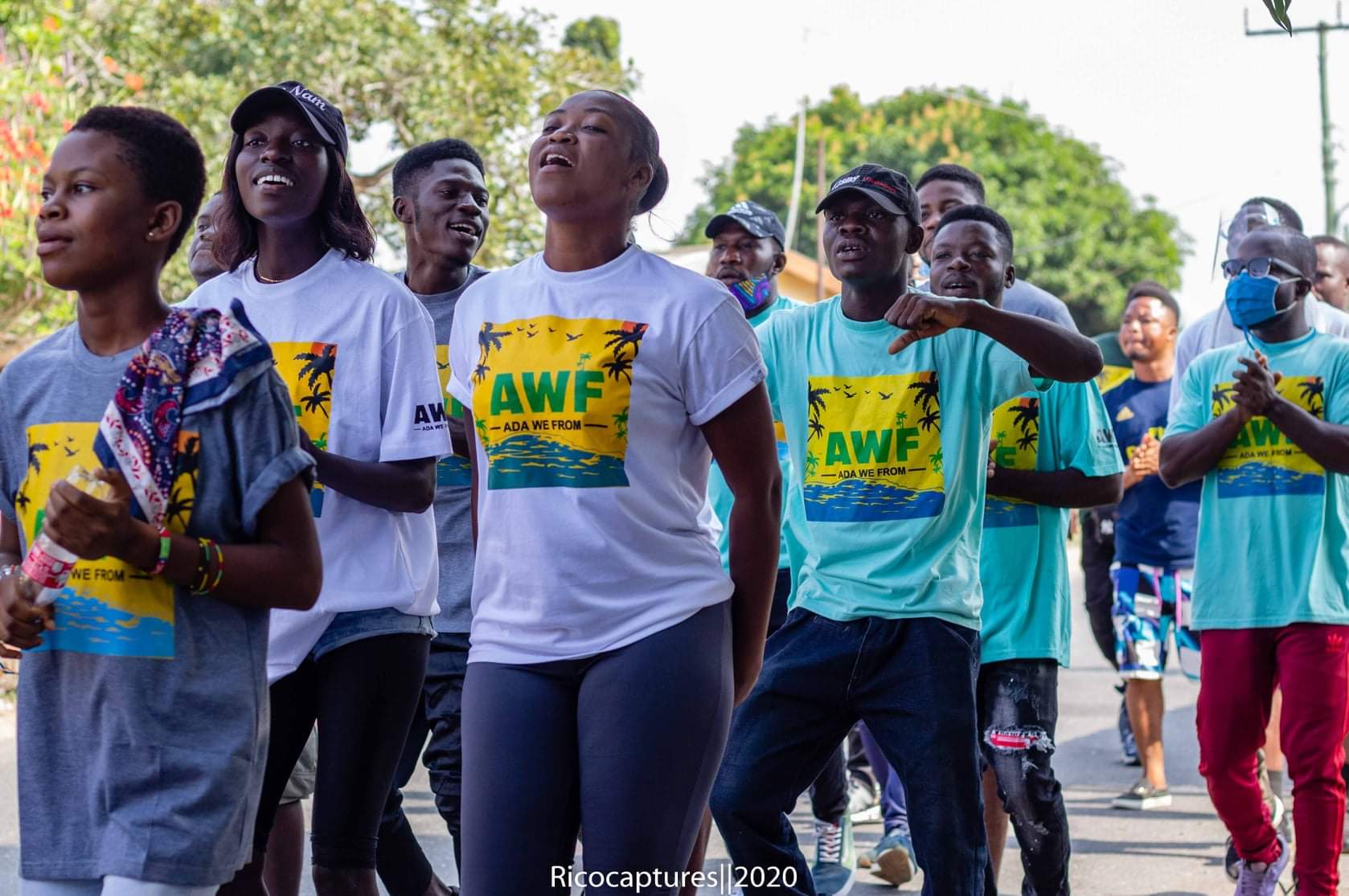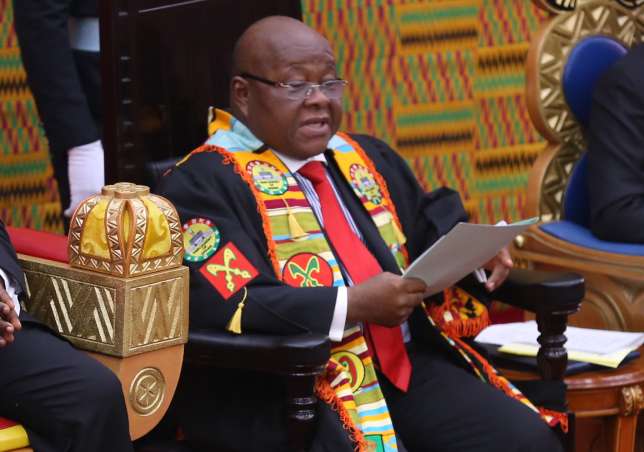 History has it that the Dutch were the first to open trade between Europe and Ada. In other to make their trading process very easy, they decided to put up a trading post.
History has it that the Dutch were the first to open trade between Europe and Ada. In other to make their trading process very easy, they decided to put up a trading post.
Their attempt to put up a trade post in Ada delayed because the leadership was undecided. The delay took the Dutch to the 16th century before they built a new trading post here in Ada in 1775. The trading post also served as resident to some of the Dutch leaders in Ada.
Later in the 16th century the Dutch lost their trading post in Ada to the Danes, who at this time had power over the whole coast east of Accra. The Danes enjoyed trade in Ada and even attempted renovating and enlarging their trade post to cater for more goods and slaves.
The peaceful trade atmosphere in Ada made the Danes stayed in Ada for over a century and had business relationships with the locals. Not long after the Danes took over the Dutch trade post in Ada, they started having threats from neighbouring tribes like the Anglos.
In other to establish a strong trade post in Ada, the Danes in 1783 fortified their trade post against the Anglos by building Fort Kongenstein. Though Ada was a big trade city by then, most traders preferred being specific by calling the central business city by the fort. That gave Ada Foah its name: Ada Fort. The central business became synonymous to the fort hence the name Ada-Fort (Ada-Foah).
Later when the British arrived in Ada, the Danes sold their fort, Fort Kongenstein to the British on 15th March, 1850. The British also used the fort to enhance their trade in general goods and slaves.
The British after purchasing the fort built warehouses across Ada. These warehouses later became UAC stores. Remains of such warehouses can be found in Big Ada close to the Plahar family house and Agogue house also close to the Ada-Foah market.
 The British used Fort Kongenstein in Ada till Ghana gained her independence in the year 1957. The fort later became the police headquarters of Ada. Part of the fort just as part of Ada-Foah has been taken over by the sea.
The British used Fort Kongenstein in Ada till Ghana gained her independence in the year 1957. The fort later became the police headquarters of Ada. Part of the fort just as part of Ada-Foah has been taken over by the sea.
Today, remains of Fort Kongenstein and the British cemetery can be located at Kpoji in Ada-Foah, very close to the district assembly. Due to the history of trade at Ada-Foah, the town was made the district capital of Ada after the nation Ghana started with her decentralization policy in the early 90’s.
The town today is under threat to lose it position as the district capital due to the fact that large portion of the town has been taken over by the sea. There is also no enough land to put up important government establishment such as police station, district assembly offices etc.
The once vibrant Ada-Foah market is today a shadow of what it used to be. This has caused the relocation of the Ghana Commercial Bank Ada branch to Kasseh.
Credit: Julius Odoi

















Comments 10